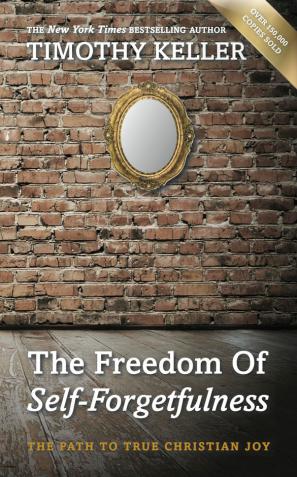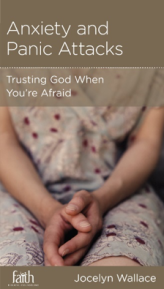
Are you happy? A woman once asked an Atheist this question while he was trying to convince a crowd that God did not exist but the more the woman asked this question, the more the atheist withdrew because he wasn’t comfortable within. Are you happy?
JC Ryle was the Bishop of Liverpool during the 19thCentury and his work continues to inspire many evangelical Christians even today. The focus of his writing is not to satisfy our sight our hearing but to change our hearts. This small book addresses a key issue that is still very much a topic for today as it was during the 19thcentury, the source of true happiness.
Ryle explores the absolute essentials of happiness, the common mistakes about the way we try and find happiness and then where true happiness is found.
Ryle agrees with the common perception “Happiness is what everyone longs to obtain”(p.13). He sees Happiness as the end goal but he exposes preconceived ideas of happiness to be unreal – it is not freedom from sorrow, it’s not found in laughter or smiles, or found in worldly amusements and enjoyments. Ryle argued that nothing in this world can give to us true happiness because everything around us is full of uncertainty. He said “To be truly happy, the needs of your soul and conscience must be satisfied.”(p.17)
Ryle then continues to highlight the common mistakes about where we find true happiness. You can’t find it in rank or status for even kings and queens are never truly happy. It is not in wealth because money holds trouble and is a burden. You could never have a ‘light heart.’ It is not found in intelligence because there is no gladness when we look to sickness, death and finally our grave. Leisure and Idleness cause more misery, pleasure-seeking can never satify someone like expecting a child to play with its toy all day long. Ryle refers to these “short-cuts” of happiness and says if we look to happiness on these roads, you will never find happiness. He then draws out examples relating to each mistake.
Ryle concludes with the path of true happiness, “The way to be happy is to be real, thoroughly-going, true hearted Christian…the true Christian is the only truly happy person.” (p.34). He carefully defines what he means by a true hearted Christian as one whose heart and life have been taught by the Word, through the work of the Holy Spirit, “…one whose faith is not merely Sunday coat but a compelling principle governing every day of their life.”(p.34). He admits that there are many people who do religious acts but have no true faith! True Happiness is a Christian whose heart deep down have solid peace and overwhelming joy. Ryle does admit that a true Christian has weaknesses like anyone else but the difference is, by their faith, no matter what happens in this life, your eternity in Jesus is secured. Ryle says “Mere formal, ceremonial Christianity cannot make people happy. We need something more than going to church to give us peace. There must be a real union with Christ. It is not a formal Christian who is happy, but the true Christian who is happy.”(p.41) Ryle calls the reader to find in Jesus the source of true happiness. He then gives tips to develop our happiness even further by learning to be more thankful, to grow more in grace and to do more good for God’s glory.
If you are struggling to find true happiness, read this book and discover the source of true happiness that Ryle wants you to find, only in Jesus.






